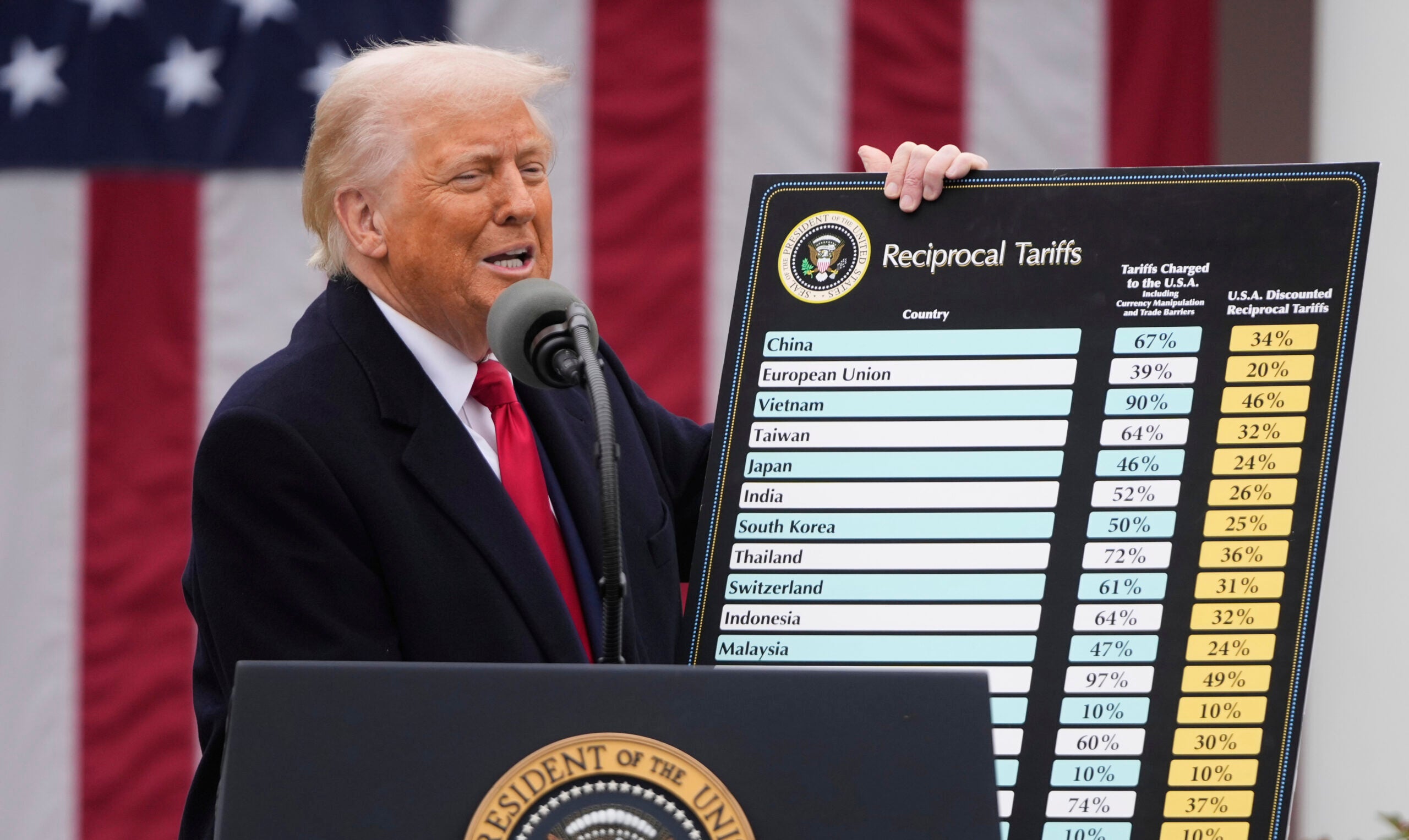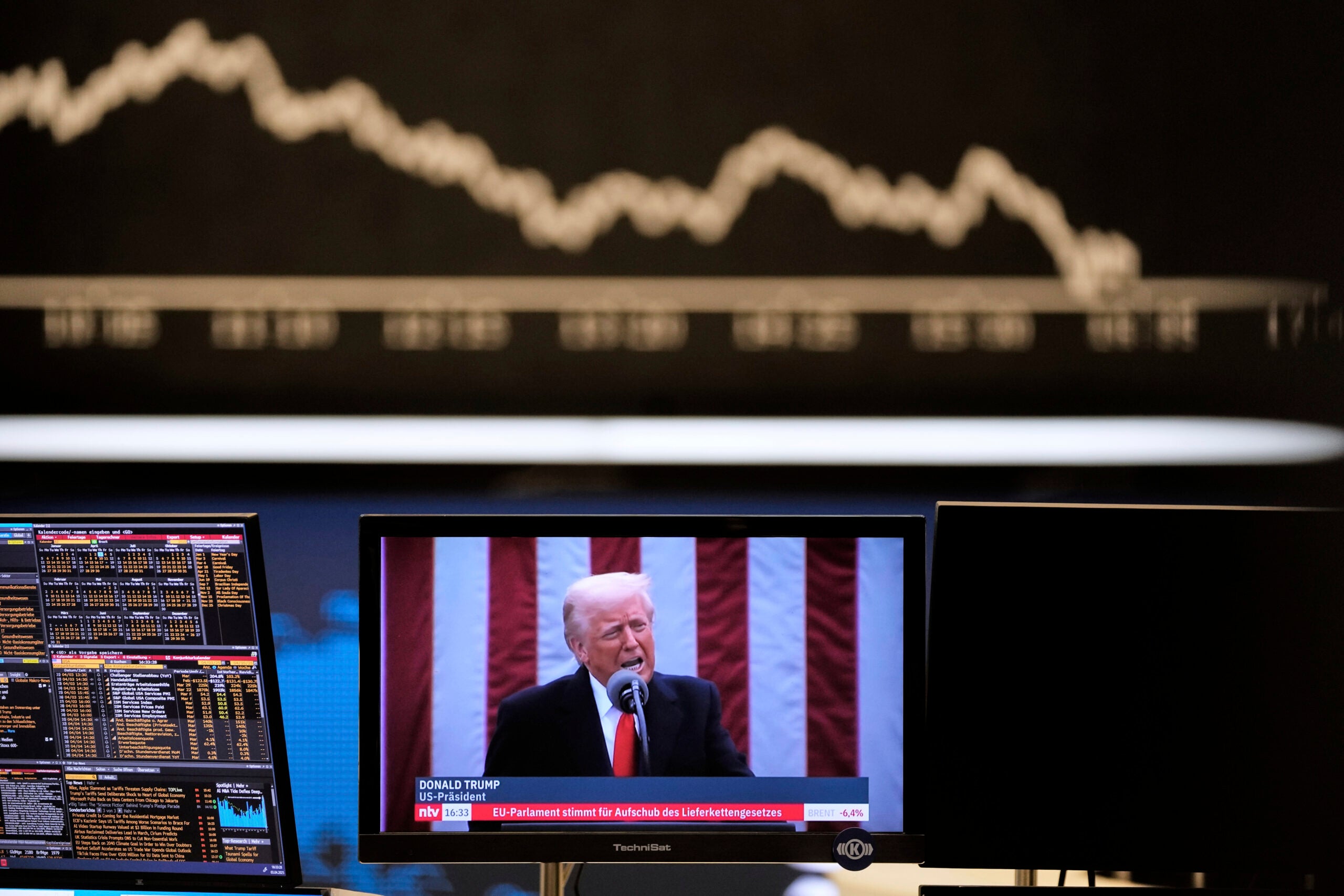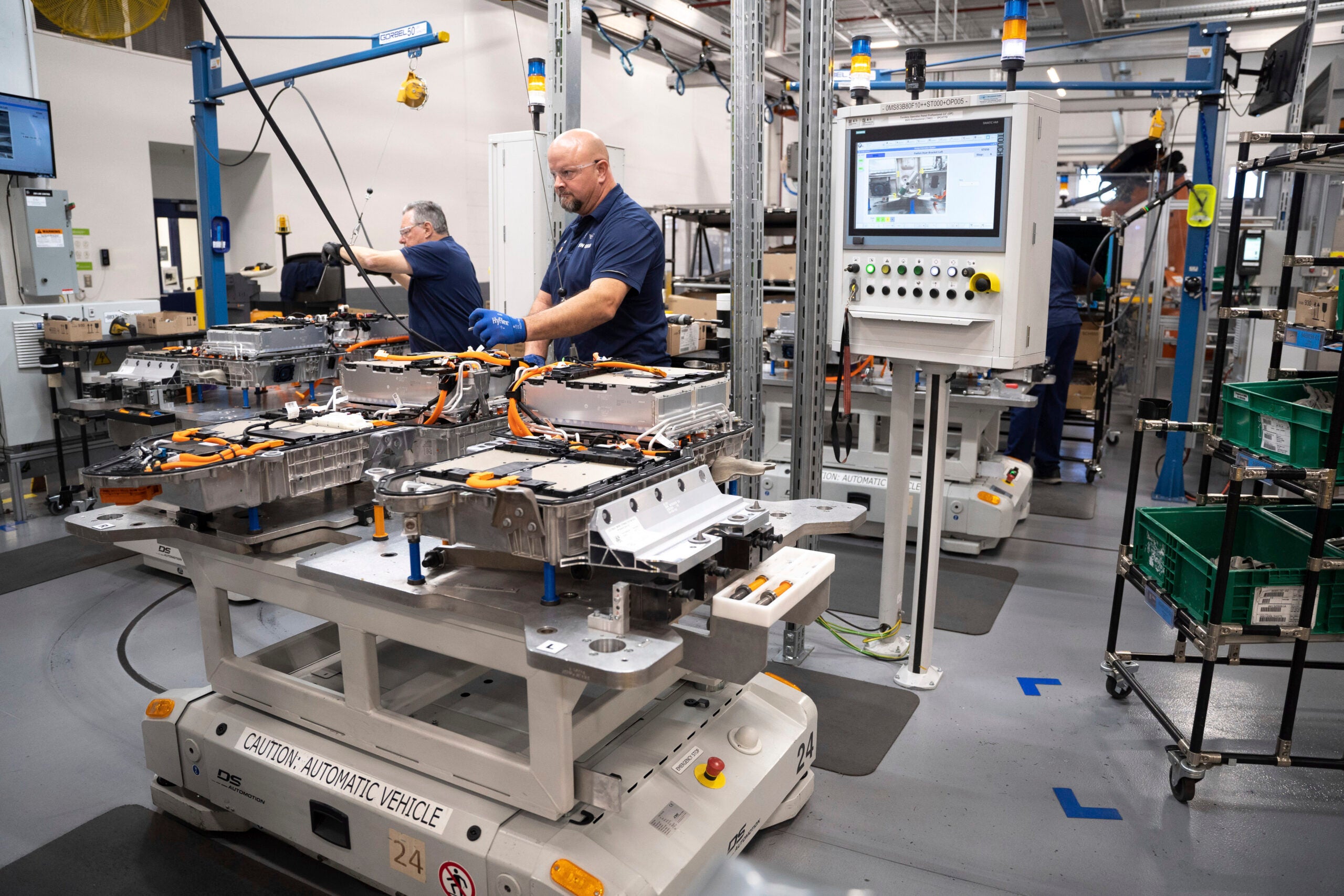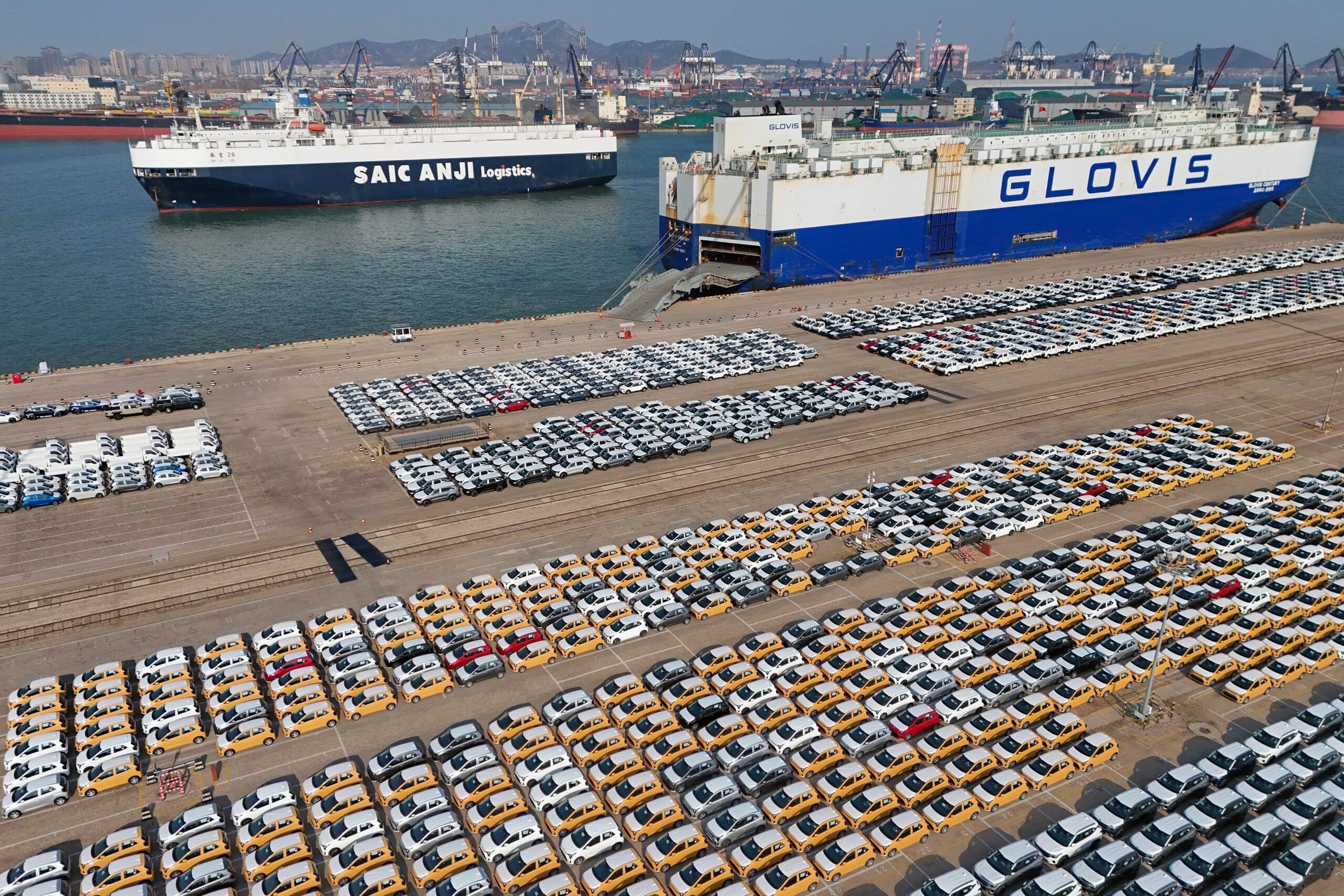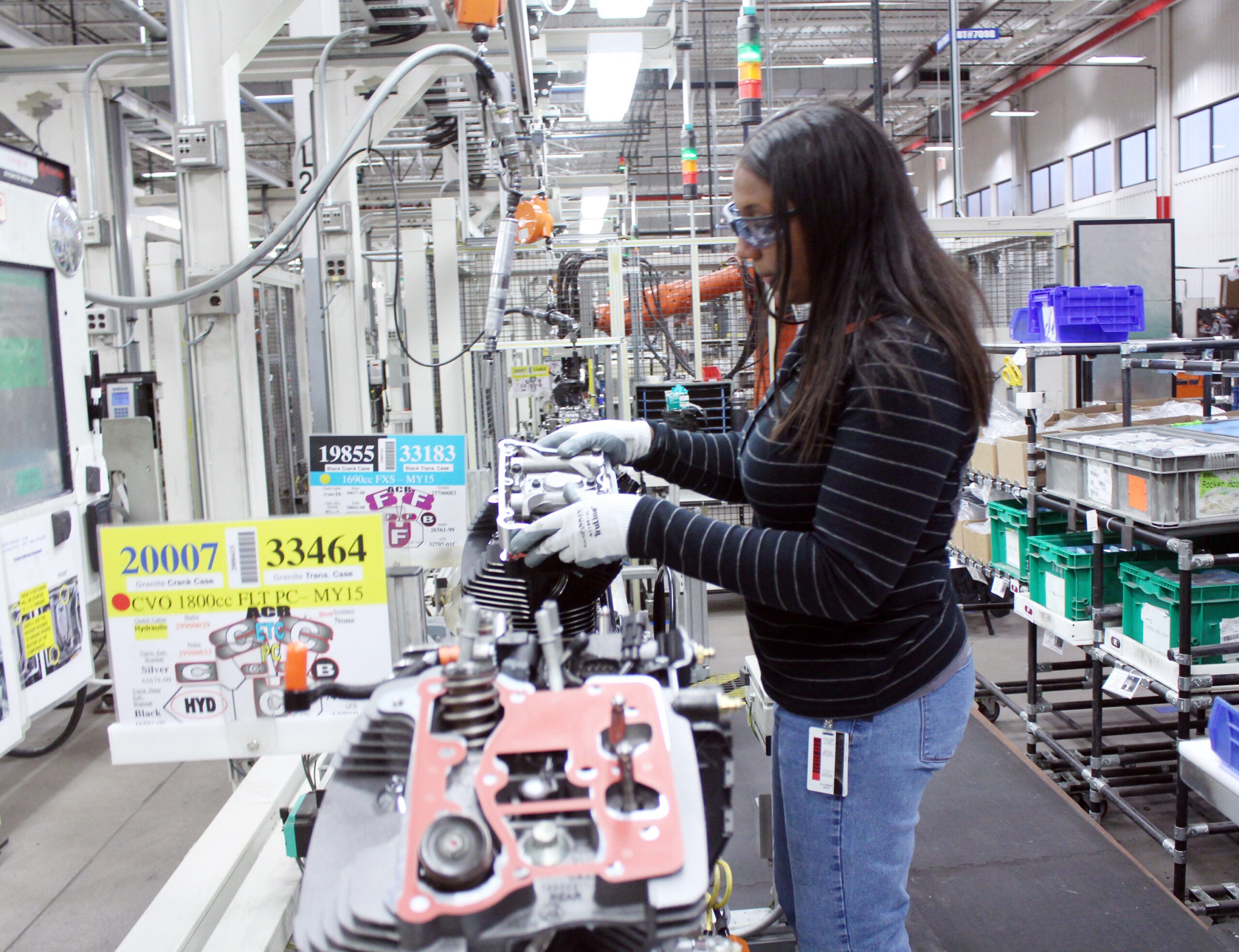Wisconsin consumers will likely pay more for goods imported from dozens of countries under tariffs announced by President Donald Trump this week.
On April 2, the Trump administration announced a minimum 10 percent tariff on countries, with the European Union facing 20 percent tariffs. Asian and African countries faced rates at or near 50 percent, including Cambodia, Vietnam and Lesotho. China responded with retaliatory tariffs on all imports Friday after being hit with 34 percent tariffs on its goods.
Trump said the tariffs are intended to address trade barriers and deficits that have shrunk the U.S. manufacturing base and to protect companies from unfair foreign competition.
For Wisconsin’s neighbor to the north, Canada responded with 25 percent tariffs on cars and trucks Thursday after Trump’s previously announced 25 percent tariffs on imported car parts went into effect.
Wisconsin’s agriculture, industrial manufacturing and automotive industries will be most affected by the tariffs, said Marko Bastl, director of the Center for Supply Chain Management at Marquette University.
Bastl said that Canada, China and Mexico make up nearly half of all Wisconsin’s imports, which totaled about $38.8 billion worth of products last year. Businesses importing goods from those countries are likely to face increased costs.
“Some companies may have an ability to absorb all, or at least some of the cost, so they may not pass the increased cost due to tariffs to consumers immediately, but many companies will not probably have that ability,” Bastl said. “We can see, at least in the short term, the prices for many products actually going up.”
The Yale Budget Lab estimated that the average household consumer would lose about $2,100 due to the April 2 tariffs and roughly $3,800 for all tariffs announced this year.

Wisconsin consumers will likely pay more for everyday products
Stay informed on the latest news
Sign up for WPR’s email newsletter.
Wisconsin consumers will likely pay higher prices for everyday goods from appliances to clothing, according to Peter Lukszys, distinguished lecturer of operations and supply chain management at the University of Wisconsin-Madison. He said the state is likely to be hit hard by retaliatory tariffs, which could affect everything from cheese to whiskey.
During Trump’s first term, China responded with retaliatory tariffs on soybeans, dairy and other agricultural products. The European Union also retaliated with tariffs on Harley-Davidson motorcycles and Mexico slapped tariffs on cheese and pork.
“Unfortunately, Wisconsin is a bit more susceptible to these (tariff) cost disruptions,” Lukszys said. “A lot of these products are things that we make here.”
As China and Canada have already announced retaliatory tariffs, Bastl said Wisconsin businesses can expect to see a slowdown in exports as products in those countries become less competitive. Wisconsin exported $7.9 billion worth of goods to Canada and $1.5 billion worth of products to China last year, according to the Wisconsin Economic Development Corporation.
In the automotive industry, Bank of America estimates the price of a new vehicle could rise as much as $10,000 if the costs are passed on to buyers. Bastl said people would likely avoid buying new cars or turn to used vehicles. That means used car prices will also increase due to increased demand and limited supply.
As stocks tumbled Friday in the wake of tariffs, the Trump administration said they’re already bringing gains, citing Nissan’s announcement to maintain production at a Tennessee plant. The automaker reversed course on plans to reduce shifts since tariffs will affect foreign car imports, according to The Wall Street Journal.
Lukszys said the automotive industry can shift production more easily, within weeks or months, from a plant in Mexico to the U.S. However, he said smaller businesses aren’t as nimble. While tariffs might prompt some companies to return, Bastl added that’s unlikely to happen overnight.
“We are talking months and years because you don’t need only just a physical building with the machinery and everything in it. You need the workers. You need talent. You need a supply base and so on,” Bastl said.
Lukszys said companies would also face cost pressures.
“We don’t have both the magnitude of workforce and the lower cost workforce that they have overseas,” he said.

The Trump administration also added canned imported beer and empty aluminum cans to the list of products affected by 25 percent steel and aluminum tariffs, which takes effect today.
Daniel Carey, brewmaster at New Glarus Brewing Company, said the Wisconsin company’s cans are manufactured with U.S. aluminum. Even so, Carey said any disruption in the supply chain will drive costs higher because demand will be skewed, adding that the uncertainty surrounding on-again, off-again tariffs is bad for business.
“When our customers feel uncertain, they maybe are less willing to buy our beer, and that is probably the biggest obstacle that we’re facing right now,” Carey said.
New Glarus produces about 230,000 barrels of beer each year, and it’s in the middle of building a $55 million addition to the brewery’s Hilltop building, new brewing and distilling facilities.
Carey said the economic impact of tariffs is not yet clear as the company’s suppliers are still weighing decisions about price increases. He said they’re assuming prices will go up 25 percent, adding he doesn’t think customers can absorb higher costs after the COVID-19 pandemic.
“We’re in the middle of a storm, so how much damage will be done to the house, I can’t say yet, because the storm is still raging,” Carey said.
Wisconsin Public Radio, © Copyright 2025, Board of Regents of the University of Wisconsin System and Wisconsin Educational Communications Board.
